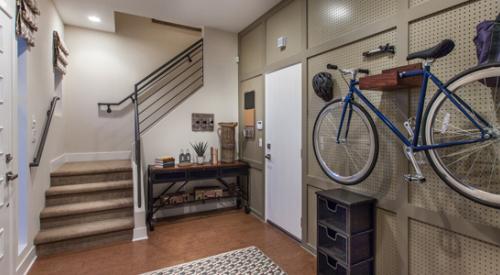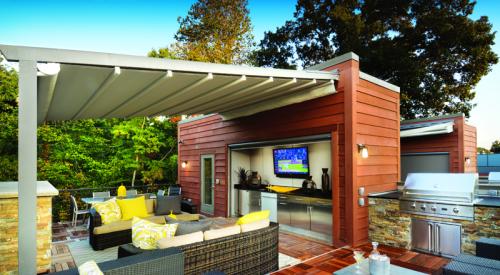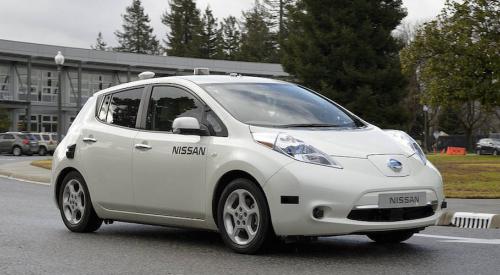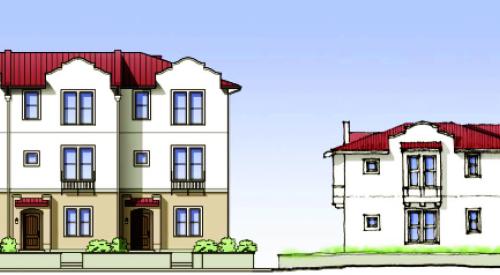The future impact of driverless cars may be widespread. The space and time cars currently require would dissipate; many downtown and commercial areas would be able to add more building space without parking lots, and commute times could be cut in half.
Missy Cummings, engineer, former military pilot, and director of Duke University's Humans and Autonomy Lab sees an opportunity for policy change, particularly in rural areas located between urban job centers. Cummings believes driverless technology offers more intriguing potential benefits than some existing transportation methods, MarketWatch reports.
In the 19th century, new public transportation systems allowed people to live in the first “inner-ring” suburbs. In the 20th, the interstate highway system spawned today’s car-centric commuter suburbs. The transportation revolution of this century will take Americans even further from city centers, McLaughlin believes.












